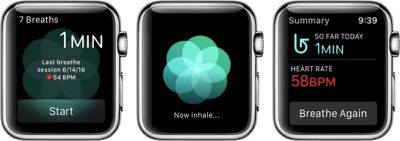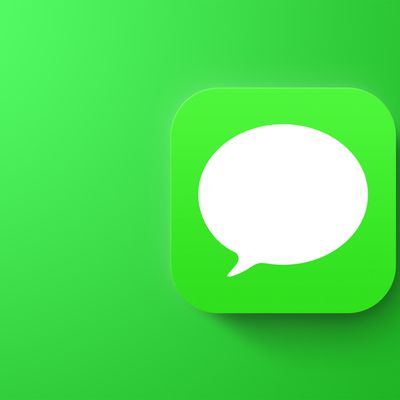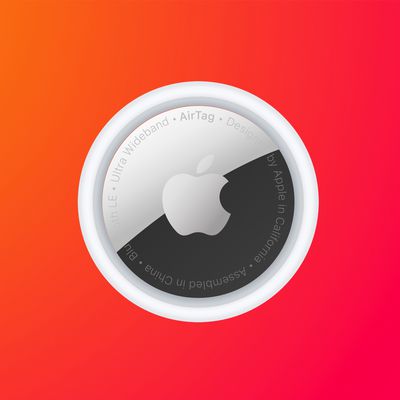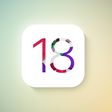One of Apple's newest apps revealed at WWDC this month was a meditation-enabling Apple Watch app called Breathe that will encourage users to take a break every day to focus on the rhythm of their breathing patterns. In a recent interview with BuzzFeed, Apple’s director of fitness for health technologies, Jay Blahnik, discussed the benefits of "mindfulness" apps like Breathe, and the research done by Apple to find the timing sweet spot that a user should spend on meditation each day.
Structured like the stand goals, and upcoming roll goals, on Apple Watch, Breathe will tap users using haptic feedback with a notification to step back from what they're doing and take a few deep breaths. Blahnik said that both beginner and experienced meditators will benefit from the app's coaching, thanks to the ease with which the Apple Watch integrates into a daily schedule.

“Just doing some deep breathing can have some great benefits for a lot of people,” whether they’re taking a break from a busy work day or winding down for the day, Jay Blahnik, Apple’s director of fitness for health technologies, told BuzzFeed News. And with an app like Breathe, “it wouldn’t be hard for them to do it, regardless if they were a beginner or were very experienced with having more mindfulness in their day.”
Meditation has become a popular outlet for many people within Silicon Valley, with companies like Google even offering internal courses, like "Search Inside Yourself," to teach workers how to handle stressful emotions, hopefully resulting in more efficient workflow. Apple's new app is poised to provide a simpler version of these mindfulness-focused trends for any Apple Watch wearer.
Like most Apple products and services, Breathe went through a period of thorough testing before it was revealed at WWDC. Blahnik confirmed that the company tested the app with "hundreds" of employees, along with a council of psychology and mindfulness experts, before nailing down what will be arriving in watchOS 3 this fall.
The app can be set for sessions of 1 to 5 minutes, with the company's tests revealing that 7 breaths in the fastest session of 1 minute hit the sweet spot of "the most comfortable rate for most people." This rate can be raised up to 10 breaths or lowered down to 4 breaths for more customizability.
The easy-to-access, low-commitment nature of the feature also turned out to be key. At work, especially, Blahnik said, the prospect of taking “a minute between meetings, to push away from their desks, quiet their mind, relax their bodies, [and] just take deep breaths, seemed to be appealing to a lot of people.”
However, according to a few studies of similar apps that promote tranquility through breathing prompts, there is "little evidence" on the efficacy and reliability of these apps at developing a habit of mindfulness. Because of the potential for Breathe to fail at its goal for some people, psychiatrist Dr. John Torous believes that Apple's biggest hurdle might be those individuals who become frustrated with the app and think they're "not going to benefit from behavioral treatment," and give up on finding other solutions beyond Breathe that might be more effective for them.
You can read the rest of BuzzFeed's report on Breathe, and its potential for impact in the mindfulness app market, right here.




















Top Rated Comments
[doublepost=1467094982][/doublepost]The problem with having an open mind is your brains fall out. Deep breathing is a great idea, but it needs to be done when you feel stressed, not on a schedule. This is just another pointless feature that the majority of people will simply disable once the novelty wears off.